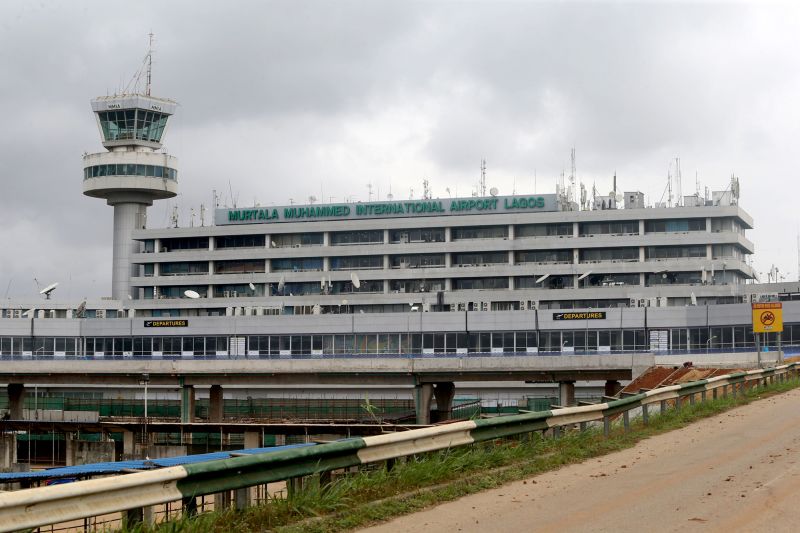As the tension of the minimum wage protest in Nigeria escalates, union workers have taken a drastic step by shutting down the national grid, plunging the entire nation into darkness. This move is an assertion of their disapproval towards the government’s nonchalant attitude towards meeting the minimum wage demand.
The Trade Union Congress, National Union of Electric Employees and the Senior Staff Association of Electricity and Allied Companies are just some of the notable unions involved in this protest. Their joint resolution has led to the nationwide strike affecting almost 200 million citizens, abruptly disrupting the rhythm of life across the vast West African country.
The shutdown of the national grid has caused a ripple effect of challenges. Hospitals, businesses, schools and households have been left to deal with the aftermath of an unforeseen blackout. Ordinary citizens, already struggling with economic hardship, are the ones who have had to face the brunt of this punitive action.
The radiotherapy department at the National Hospital in Abuja reported immediate challenges as radio and chemotherapy treatments had to be paused due to the power outage. The nation’s industrial sector is also taking a significant hit. Manufacturing enterprises who depend on a steady power supply are facing immense losses, and potential layoffs are a grim but real concern for numerous employees.
The situation in schools and universities has been similarly bleak. The cessation of power has obstructed classroom activities, hindering academic advancement. Moreover, important laboratory experiments in-progress have ground to a halt, further accentuating the severity of the situation.
The darkness enveloping Nigeria has shone a light on significant issues like the persistent power infrastructure concerns and weak emergency response systems. This incident underscored the need for swift maintenance and redundancy measures in the energy sector, which was already beleaguered with routine power outages and inadequate supply.
Notably, the power shutdown has prompted the public to demand the government to act expeditiously to resolve the minimum wage dispute. This is not just a demand for salary increases, but recognition of the inexorable link between fair compensation and national development.
Despite the crippling impact of the power shutdown, many Nigerians endorse the union workers’ stand. Their solidarity stems from a shared concern that their government address the exigency of the minimum wage issue. They see the protest as a bitter pill necessary to avert further plunges into economic abyss due to the country’s endemic low wages.
As the negotiations between the Nigerian Government and union workers transpire, one thing is clear – the resolute demonstration by union workers has amplified the minimum wage discourse nationally and internationally. This situation underscores labor’s crucial role in any democracy, and the subsequent responsibility of governments to ensure favorable conditions for their workforce.
In conclusion, the blackout serves as a stark reminder that robust power infrastructure and fair wage systems are non-negotiables in the blueprint of any thriving nation. The resolution of this crisis, consequential as it will be for Nigeria, will illuminate the path that other nations might take when faced with similar dilemmas.




